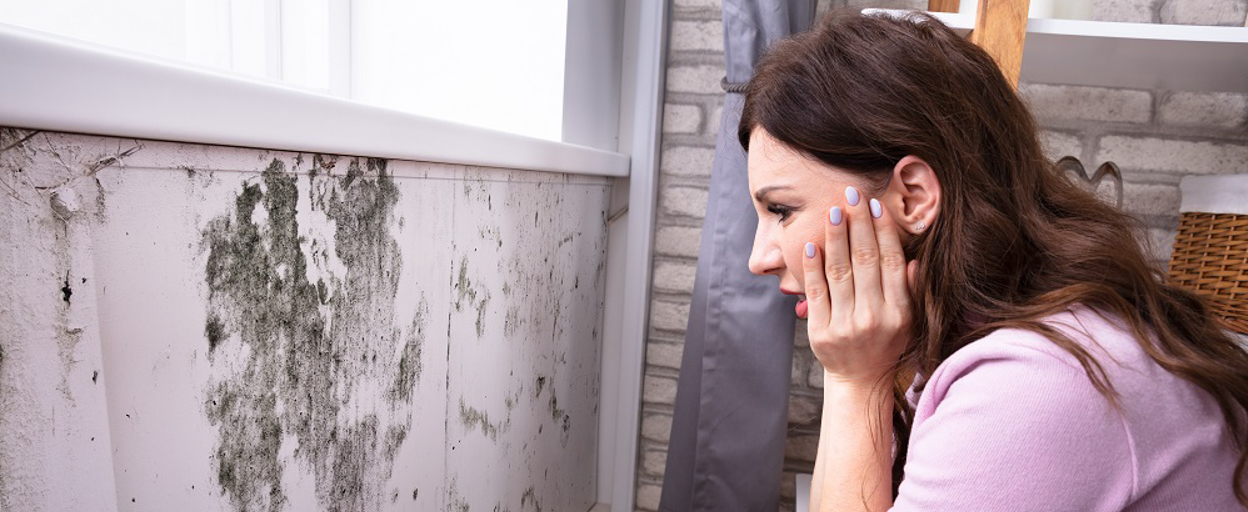- 27 Nov 2024
- 4 min read
- By Selinda Randall, PMSS Team
The eternal question: Damage or fair wear and tear?
Who is responsible for damage in a tenancy?
When things break, or are damaged during a tenancy, it can be tricky for a property manager to work out who is responsible for rectifying the problem, especially at the end of the tenancy. If you find yourself in the situation of trying to figure out who is responsible, it basically comes down to two factors: what kind of damage is it and how did it occur?Intentional or Negligent?
Any damage that is a result of an intentional act or negligent behaviour on the part of the tenant is a tenant's responsibility. The tenant has a responsibility to inform the agent immediately and seek advice on how to proceed with repairs or replacement.Third Party Damage
Any damage caused by a third party not directly connected to the tenant or anyone else living in the premises is not the responsibility of the tenant. This would include damage from someone the tenant did not invite into the premises or by an event outside of their control e.g. a break-in or storm damage.What is 'Fair Wear and Tear'?
It's a common scenario in the day of a property manager - tenant vacates, owners get upset and claims what they see is damage to their property. Tenant claims the 'property is better than when they moved in' and gets equally as upset, believing the damage is simply 'fair wear and tear'. The property manager is left to work out what is damage and what is fair wear and tear!The term 'fair wear and tear' is somewhat vague and open to interpretation - it's hence understandable that disagreements arise.
'Fair wear and tear' basically means the normal deterioration from ordinary, everyday use, taking into account factors such as exposure to the elements, age (time) and day-to-day living.
Property managers should action any tenant damage as soon as you become aware of it rather than waiting until the end of the tenancy.
How does an Agent Determine Fair Wear and Tear?
The Entry Condition Report, hopefully complete with detailed photos, will be very useful for avoiding or settling disputes over fair wear and tear. Hopefully this report being well completed and signed by all parties will prevent a potential bond dispute from arising.Some landlords have unrealistic expectations that their property will remain in exactly the same condition at the end of the lease as when tenants first move in. Some tenants have equally unrealistic expectations with regards to how they are returning the property and what is considered 'fair wear and tear'.
The reality is, though, that wear and tear on a rental property will occur over time and landlords should expect a level of wear and tear on their rental property while it is being lived in. While the property is the owner's 'house', it has been the tenant's 'home' and as such they have 'lived' there.
Many owners rely on the agent's detailed routine inspection reports to keeping them updated on the condition of the property and ensuring it is maintained to a fair standard, addressing any issues in a timely manner. If an owner has not seen the property for an amount of time and has not been made aware of any gradual deterioration, then it is understandable where their frustration comes from at the end of a tenancy.
Common sense is a wonderful thing when attempting to determine the grey areas. Any issues around wear and tear should be discussed between the tenant and the property manager to attempt to come to a mutually acceptable conclusion before taking the matter further.
Effective negotiation and communication are two of the most important skills we have as property managers. Using those skills to come to an agreement where everyone walks away feeling satisfied, thereby avoiding the outcome having to be determined by the Tribunal, surely has to be a win win situation.
Note: the Housing Legislation Amendment Bill 2021 passed by the Queensland parliament has excluded pet damage from fair wear and tear.
REIQ members can access information on tenancy law changes in our Toolkit.
Read another property management article: When does a lease agreement become binding and enforceable?.
Or browse our suite of property management articles.
You might also like
View All Articles
View All Articles


Start your Real Estate Career
Need help? 1300 697 347 or contact us




